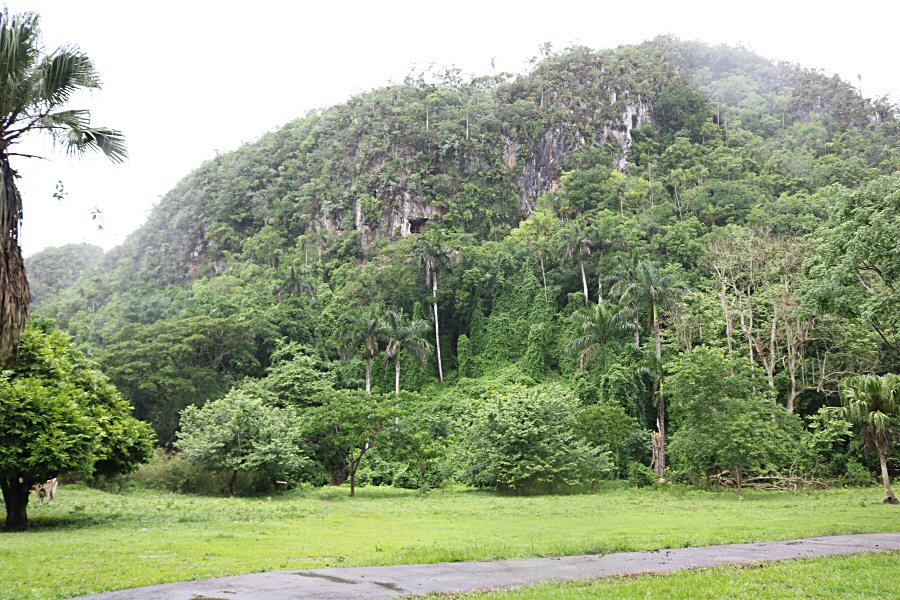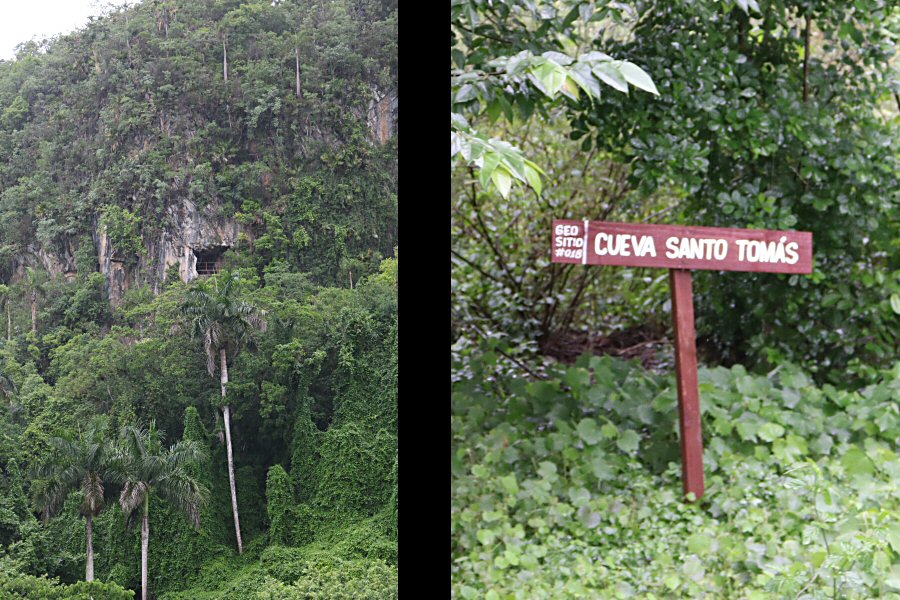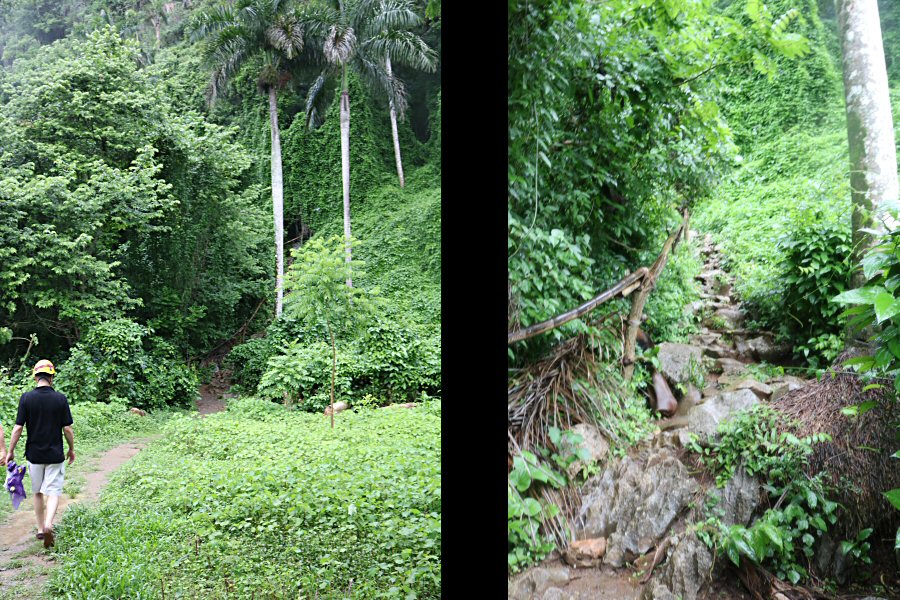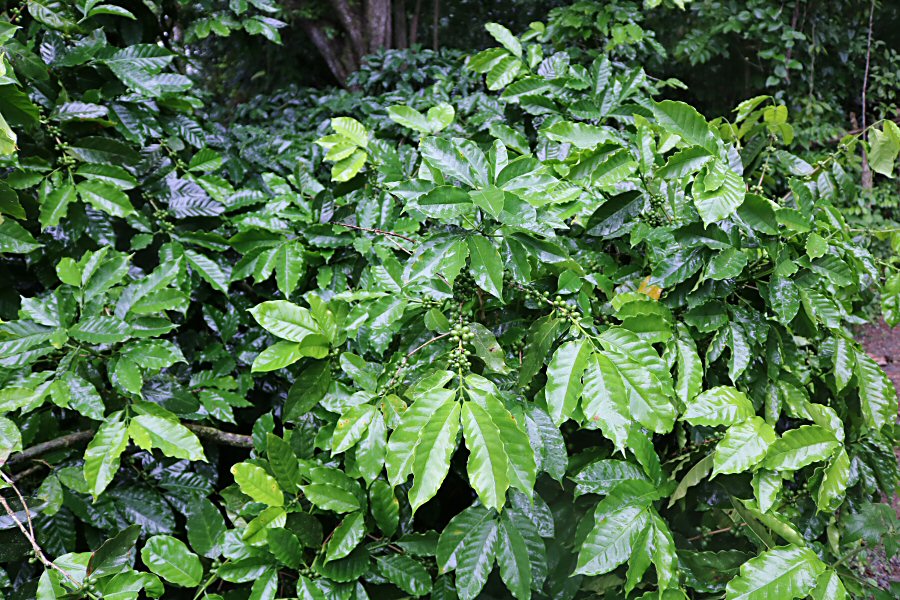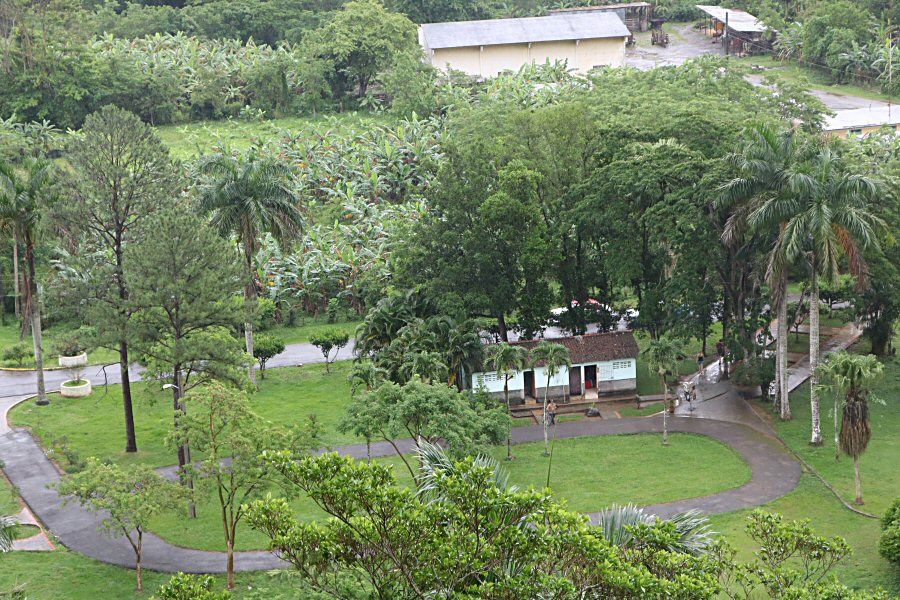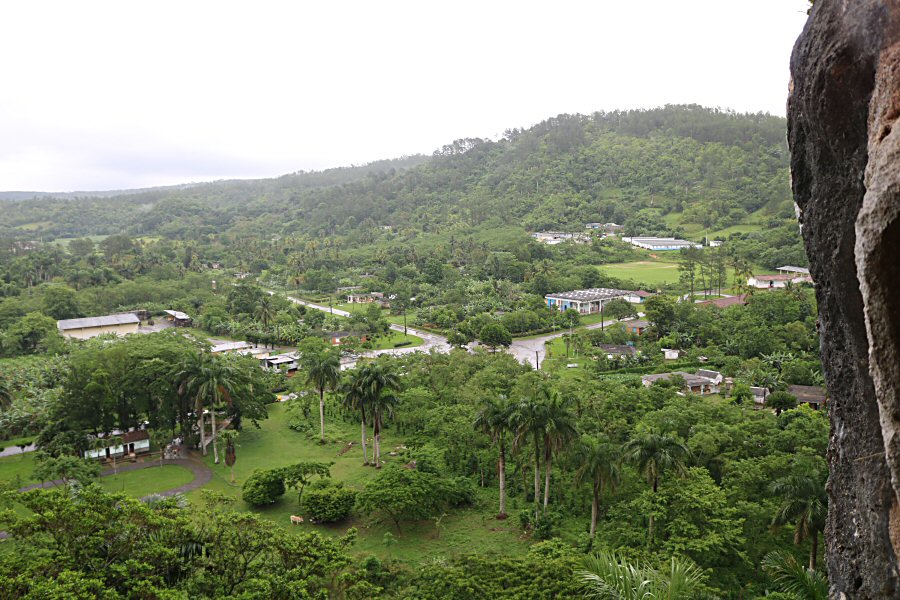Localization
The Gran Caverna de Santo Tomàs which belongs to the Parque Nacional Viñales, is located on the edge of the small village of El Moncada about 17 km west of the Viñales.
Opening Hours
every day 09:00 - 15:00
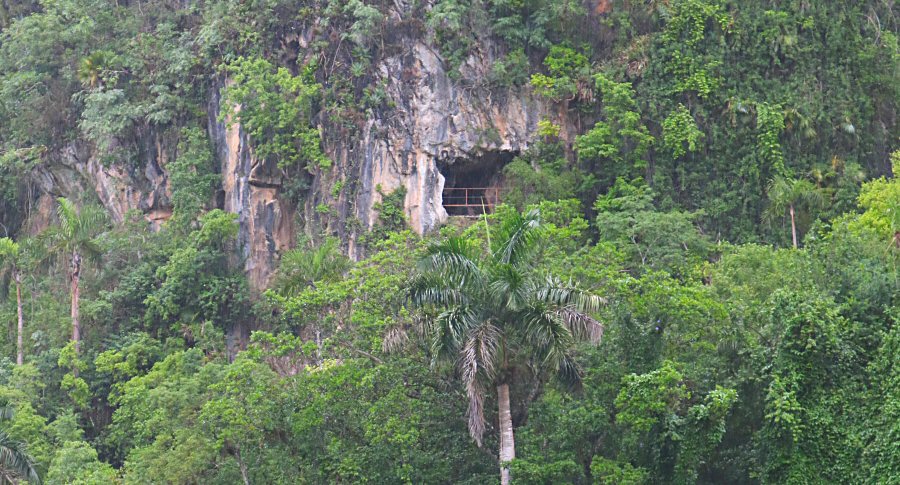

The Gran Caverna de Santo Tomàs is considered the longest cavern systems in Cuba, measuring about 46.25 kilometres in length. Karst is a topography formed from the dissolution of soluble carbonate rocks such as limestone and dolomite. The lowest part of this cave system is still active and the stream, called Arroyo Santo Tomàs, flows through it. Gran Caverna de Santo Tomás takes its name from the Santo Tomás river, which forms most of the huge gorges.
Due to the great variety of karst formations, both on the surface and in the cave, and due to important archaeological discoveries, the Gran Caverna de Santo Tomàs has been visited by a significant number of tourists and scientists in the last 20 years, despite the problems due to its distance from the main tourist routes around the island.
The entrance of the cave is about 150 meters high from the ground. The cavern system is formed on 7 levels. You will visit the cave in the sixth level, in other words the level above the lowest level. While the lowest level whic is 113 m high from the sea level, is filled completely by water of the Arroyo Santo Tomàs, the sixth level is normally dry. Only during events of floods, the water rises and partly floods the sixth level. It is also the second-youngest level. The upper levels are older and show more signs of destruction, like collapsed ceilings. The uppermost level is at 202 m high from the sea level, so that the cave has a vertical range of about 89 m (the height difference between the highest and lowest points in the cave).
The cavern system was originally named Caverna del Moncada when it was discovered, wheras the cave at the entrance named Cueva de las Avispar (Wasp Cave). It was later named Cueva de Santa Tomàs. The reason why the name Gran Caverna de Santo Tomás has remained is because a joke of a caver, referring to the size of the cave system, was written in brochures by those promoting the territory.
